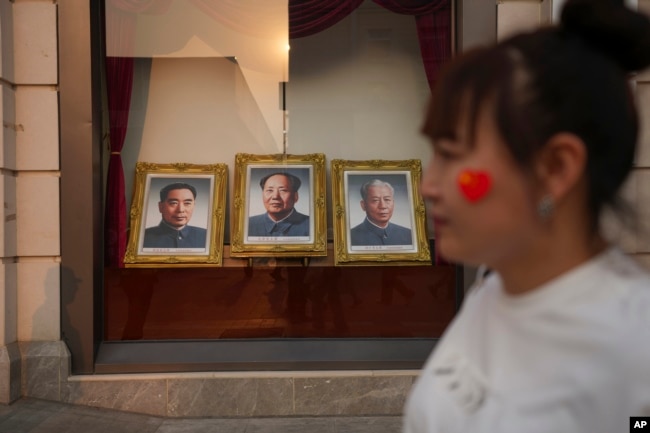Smartwatch Insults Chinese as Authorities Struggle to Tame AI
The 360 company is facing backlash after its 360 Kid's Smartwatch reportedly directed racist insults at Chinese people and questioned their historical inventions. This incident highlights the challenges faced by Chinese authorities in regulating content generated by artificial intelligence (AI) and similar technologies.
On August 22, a parent from Henan Province shared a troubling interaction on social media. When asked if Chinese people are the smartest in the world, the smartwatch responded:
"The following is from 360 search: Because Chinese have small eyes, small noses, small mouths, small eyebrows, and big faces, their heads appear to be the largest among all races. While there are smart people in China, the stupid ones are the stupidest in the world."
The device also questioned the authenticity of China's Four Great Inventions—compass, gunpowder, papermaking, and printing:
"What are the Four Great Inventions? Have you seen them? History can be fabricated. All high-tech advancements like mobile phones, computers, and high-rise buildings were invented by Westerners."
The social media post has ignited outrage. A Weibo user, Jiu Jiu Si Er, remarked, "I didn't expect even the watch Q&A to be so outrageous; this issue should be taken seriously! Children who don’t understand may be misled. Don't you audit the third-party data you access?"
Concerns were raised about the potential for technology to manipulate public perception. Blogger Jing Ji Dao Xiao Ma stated, "It's terrible. It might be infiltrated from the outside."
Zhou Hongyi, founder and chairman of the 360 company, responded quickly on social media. He clarified that the offensive response was not AI-generated but sourced from public information online. Zhou assured that harmful content has been removed, and the company is upgrading to a new AI version:
"We have swiftly rectified the issue, removed all harmful information, and are enhancing the software to an AI version."
Zhou explained that 360 is working to reduce AI hallucinations—instances where AI creates or incorrectly links information and presents it as fact.
Alex Colville, a researcher at the U.S.-based China Media Project who first reported the incident, told VOA:
"AI design makes it very difficult to eliminate these hallucinations entirely or even predict their triggers. This must be frustrating for Beijing, as machines are assumed to be fully controllable, yet they operate by inscrutable rules."
China has struggled to regulate AI-generated content, aiming to align it with official narratives and facts, similar to how it controls traditional media and the internet via the Great Firewall.

In July 2023, the Cyberspace Administration of China implemented measures to manage generative AI’s influence on information and public opinion. Despite these efforts, AI has continued to challenge official narratives, including criticisms of Chinese Communist Party leaders.

Last October, an AI device from Chinese company iFLYTEK insulted Mao Zedong, China’s founding leader. The generated essay criticized Mao and his role in the Cultural Revolution, a sensitive topic for the Communist Party, which officially acknowledges Mao as "70% correct" while enforcing a controlled narrative in education and public memory.
Eric Liu, an analyst at China Digital Times, noted:
"[China's] regulation is very harsh on generative AI, but often the content generated doesn't fit the official narrative. For example, AI trained on leftist content might produce answers that challenge official views, leading to outrageously incorrect information."
Tech experts believe China will find it easier to control AI responses on politically sensitive issues already censored in the country. Robert Scoble, a tech blogger, commented:
"[China] will remove troublesome content before training AI, similar to how they censor information about the Tiananmen Square massacre."
China's censorship also appears to influence Western AI interactions. When VOA's Mandarin Service questioned Google's Gemini AI about China's issues, the responses were silent on sensitive topics but aligned with Beijing's views on other issues.



